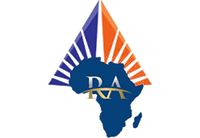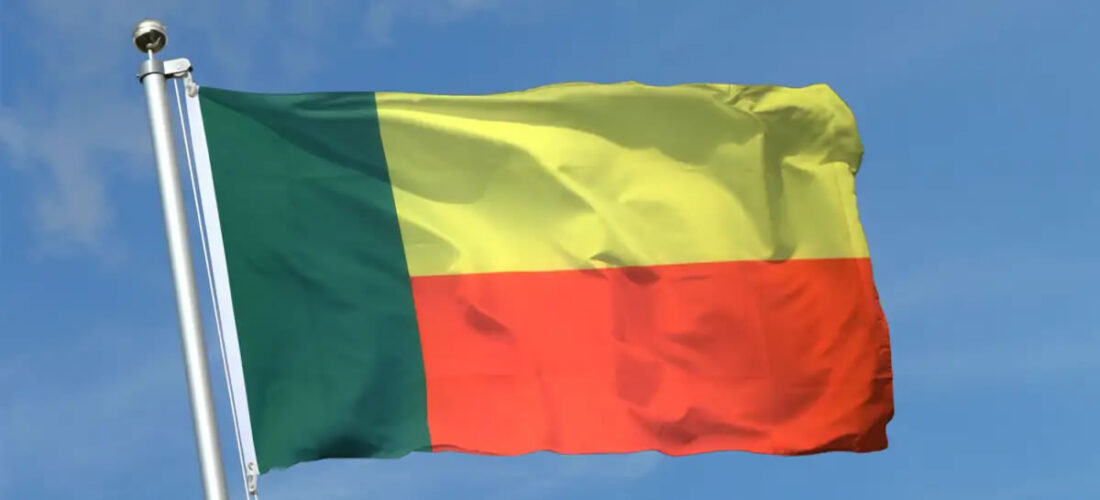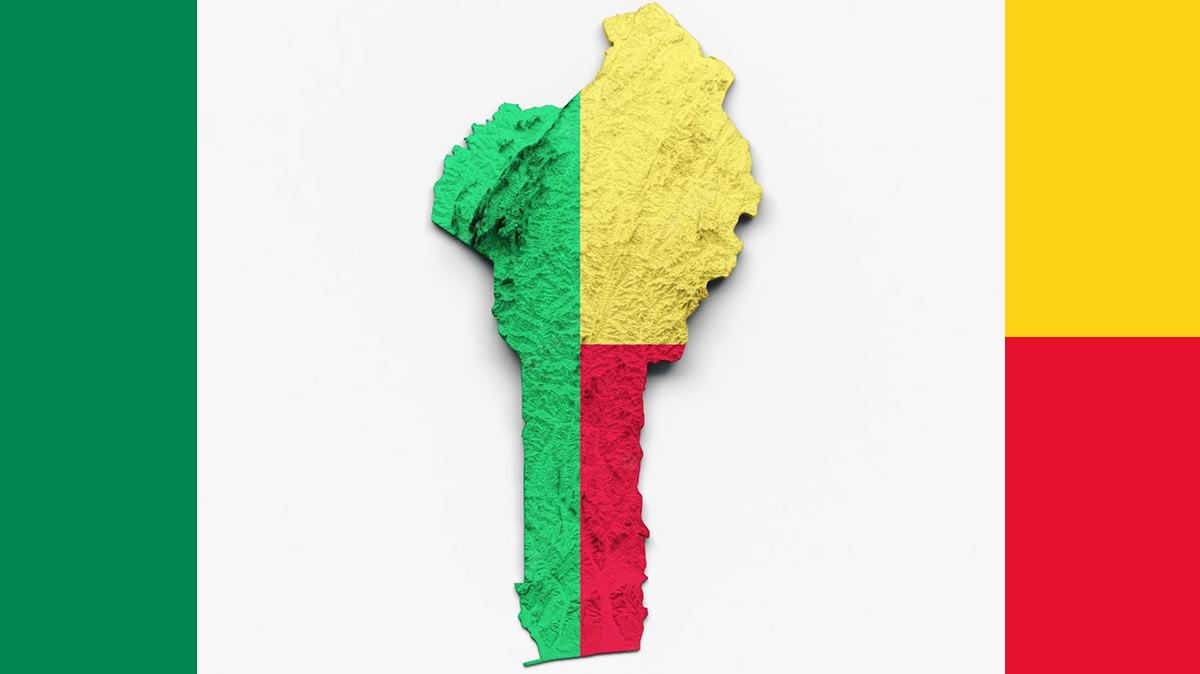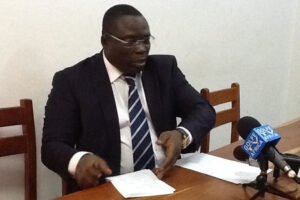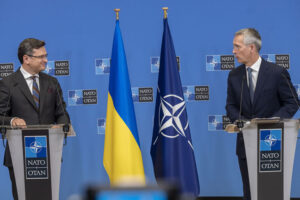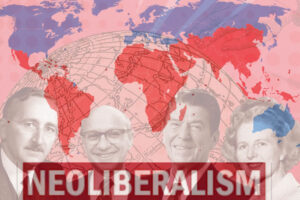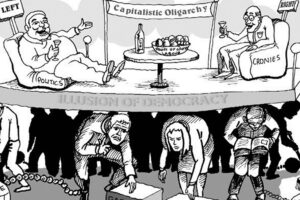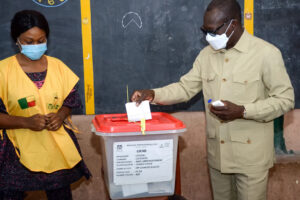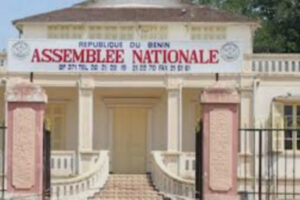The19th anniversary of the National Conference of the Active Forces of the Nation
THIS MONTH, FEBRUARY 2009, BENIN IS TO CELEBRATE SOON THE ANNIVERSARY OF ITS CONFERENCE OF ACTIVE FORCES OF THE NATION WHICH HAS MARKED THE END OF SEVENTEEN (17) YEARS OF MILITARY AND REVOLUTIONARY RULE AND THE DEBUT OF A DEMOCRATIC ERA.
The Conference of Active Forces of the Nation took place from 19th to 28th of February 1990 and gathered four hundred and eighty eight (488) delegates from fifty one (51) political parties, different associations such as religious, professional and regional organizations including the Beninese of the diasporas.
The Conference had been convened by the Major General Mathieu KEREKOU, after months of civil unrest triggered by the economical crisis hitting the country; it was the worst crisis in decades. The Government of President Mathieu KEREKOU could not pay the salaries of the civil servants.
The military rule of Mathieu KEREKOU
Mathieu KEREKOU came to office on the 26th of October 1972 in a soldiery coup, after more than one decade of political instability marked by a succession of both military and civil governments.
In 1975, with the backing of the young elite, Marxism-Leninism was declared the official ideology of the State. Freedom of expression and multiparty system were banned.
In the late 80’s, the country’s economy was ruined. Mathieu KEREKOU therefore convened the Conference, in hope for a way to save the regime.
The Conference and its outcome
It was an unprecedented event in the history of the country when all Beninese were able to put their differences aside and let prevail consensus.
One unforgettable moment of the Conference was when Mathieu KEREKOU made his mea culpa and acknowledged his mistakes during the seventeen (17) years of military rule.
After sever criticisms of the regime of Mathieu KEREKOU and taking into consideration all the malpractice which plunged the country in a state of political, economical, social and cultural crisis, the delegates decided:
- to put an end to Marxism-Leninism as a State ideology;
to install a transitional regime which should lead to the establishment of a democratic constitution;
to appoint a Prime Minister and a Legislative body for transitional period.
On Tuesday 11th of December 1990, a democratic constitution was adopted allowing multiparty system and freedom of expression।
On Sunday 14th of March 1991, the former Prime Minister of the transitional period, Nicéphore SOGLO became the first democratic elected Head of State in Benin since 1972. A Legislative Assembly made up of sixty four (64) parliamentarians was also elected.
Almost two decades of multiparty democracy
Since then, the country has undergone two democratic transitions of power. The institutions have been able to function and avoid any major crisis. The oversight of Government by National Assembly has been effective. The Constitutional Court has been ruling over the issues relating to the constitution and its decisions have generally been abode by. Benin democracy has been viewed abroad as one of the most vibrant on the african continent.
Nevertheless, there is still a lot of challenges that all the leaders so far have failed to deal with successfully.
Challenges of the Beninese democracy
The country review report of APRM released in January 2008 has extendedly listed some of the factors which still constitute challenges to the Beninese.
Corruption
The problem of corruption remains a major one. Nicéphore SOGLO, when coming in office in 1991, promised to fight corruption. But after more than eighteen (18) years during which Mathieu KEREKOU came back in office and handed over power to Boni YAYI in 2006, little has been done to really combat corruption. Different scandals have been following one another. So far nothing has truly been done about the several cases of embezzlement of public funds and wrongdoings. The APRM in its country review report mentioned the fight against corruption as one of the most important challenges facing Benin.
Plethora of political parties
The political forces have always appeared divided. More than one hundred and fifteen (115) political parties have registered in Benin for a population which is about from eight to nine million. These political parties have been unable to agree upon what should be considered as the priorities of any governmental policy and have been opposing each other on the base of selfish interests. Position of parties over the different issues involving the future of the country is not based on any ideology other than the quest of power. Most of the political parties in Benin do not have a nationwide electorate. Instead their influence is limited to specific regions or ethnics. This issue was also mentioned in the report of APRM.
Polarization of administration
The administration and civil service are therefore highly politicized and the appointments of officials are subjected to the concept of regional equilibrium. This problem also includes the fact that some decisions involving technical considerations are based on political motives. One example has been the decentralization of territorial administration where the current central Government has shown little willingness in handing over the management of needed resources to the local government.
Unreliable electoral system
Benin’s electoral system is still completely manual and always allows controversies and accusations of vote rigging. Moreover, there has been little willingness till now on the part of the political actors to implement the computerization of this electoral system.
Widespread poverty
Despite all the efforts of the previous and current public authorities, poverty remains a serious problem in Benin as « a third of the population lives below the poverty line ». Benin’s economy is dependent on its neighbors mainly on Nigeria. This makes it vulnerable. Informal sector is dominant in the economy.
Above all, the lack of unity mainly in the political arena has not allowed dialogue to take place over these issues since consensus and patriotism raised by the Conference of the Active Forces of the Nation have completely vanished.
